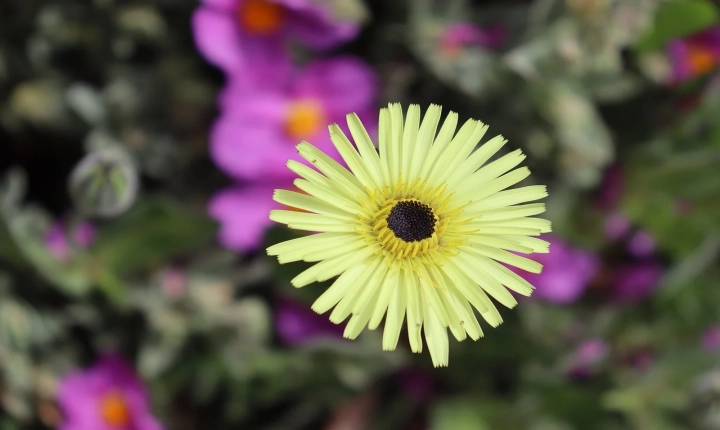Ai Weiwei is a celebrated Chinese contemporary artist and activist known for his thought-provoking artwork and outspoken criticism of the Chinese government. Born in 1957 in Beijing, Ai Weiwei’s diverse body of work encompasses sculpture, installation, photography, architecture, and film, addressing themes such as human rights, freedom of speech, and social justice.
One of Ai Weiwei’s most famous works is his involvement in the design of the iconic “Bird’s Nest” stadium for the 2008 Beijing Olympics. This architectural masterpiece received worldwide acclaim for its innovative and visually stunning design. However, Ai later distanced himself from the project, citing the Chinese government’s use of the Olympics as a propaganda tool to mask its human rights abuses.
In addition to his architectural achievements, Ai Weiwei is renowned for his powerful and politically charged art installations. His “Sunflower Seeds” exhibit at the Tate Modern in London, consisting of millions of hand-crafted porcelain sunflower seeds, served as a commentary on mass production, globalization, and individual identity in modern China.
Ai Weiwei’s art often confronts the critical issues facing contemporary society, challenging viewers to rethink their perspectives on power, authority, and freedom. His “Remembering” exhibit, which featured 9,000 children’s backpacks displayed on a Munich museum’s facade, was a poignant tribute to the young victims of the 2008 Sichuan earthquake and a demand for government accountability for their deaths. The piece drew international attention to the tragedy and the subsequent corruption scandals surrounding poorly constructed school buildings.
In addition to his artistic endeavors, Ai Weiwei is a vocal critic of the Chinese government’s human rights abuses and censorship. His open dissent against the government led to his arrest and subsequent detention in 2011, which sparked a global outcry for his release. Despite facing constant surveillance and restrictions on his movement, Ai Weiwei continues to use his platform to advocate for human rights, freedom of expression, and the protection of marginalized voices.
In recent years, Ai Weiwei has expanded his activism to address the refugee crisis, creating several installations that confront the global community’s response to the plight of displaced people. His documentary film “Human Flow” sheds light on the experiences of refugees worldwide, amplifying their stories and urging greater humanitarian action.
Ai Weiwei’s fearless commitment to artistic expression and social justice has earned him widespread acclaim and recognition. His work has been exhibited in prestigious museums and galleries around the world, cementing his status as a leading figure in contemporary art and activism.
In conclusion, Ai Weiwei’s significance lies not only in his artistic talent, but also in his unwavering dedication to challenging oppressive political systems and advocating for the most vulnerable members of society. His work serves as a reminder of the power of art to provoke meaningful conversations, inspire change, and uphold the principles of justice and compassion.
